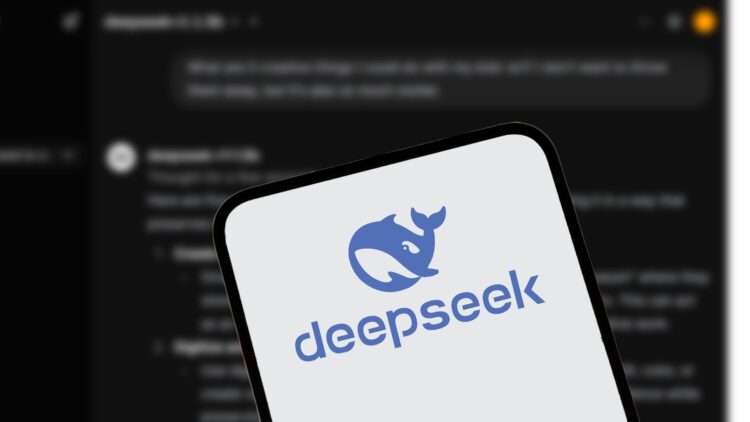The moment DeepSeek came to the fore, it was immediately regarded as a disruptive force within the overall AI industry. It completely shook up the dominance with tech giants such as Google, OpenAI as well as Meta. Under development from a Chinese AI startup, DeepSeek has proven how highly efficient it is and also how the LLMs (or large language models) are able to rivel and, at times, outperform some of alternatives on the market.
What did DeepSeek leave in its wake?
The recent release of the DeepSeek R1 caused quite a stir, especially in AI circles as well as on the global stock markets. Investors work to re-evaluate the AI valuations. This came about due to the fact that these DeepSeek models cost but a fraction of the price of other competitors on the market. Product capabilities are also noteworthy. The system operates on a more open-source approach.
A group of seven Republican U.S. senators on Tuesday asked the Commerce Department to evaluate potential data security vulnerabilities posed by Chinese open-source AI models like DeepSeek. These data vulnerabilities are certain week points within database configurations, infrastructure as well as access controls that can be exploited by attackers or insiders.
This poses serious risks to sensitive data, business continuity as well as system performance. The senators led by Ted Budd and include Jon Husted, Todd Young, John Cornyn, John Curtis, Bill Cassidy and Marsha Blackburn want the Commerce Department to detail any threats from data collected by applications being fed back to Chinese servers or whether the AI models are feeding American personal or enterprise data to China’s military or to companies with Chinese military ties.
A probe into potential vulnerabilities
Ted Paul Budd, himself a businessman as well as a politician, has been serving as a junior United States senator for North Caroline since the start of 2023. The letter also asks for details on “any findings related to how Chinese open-source models may have improperly accessed export controlled semiconductors or violated use terms of U.S. models to advance their capabilities.”
Senators have introduced bipartisan pieces of legislation to prohibit DeepSeek from operating on any federal government devices or networks and to prohibit federal contractors from using DeepSeek in government contracts. Commerce Secretary Howard Lutnick said in January it appeared DeepSeek had misappropriated U.S. AI technology and vowed to impose restrictions.
Breaking down the data at government level
American businessman as well as government official, Howard Lutnick is currently serving as the 41st United States Secretary of Commerce. He took up office during February 2025. In June, Reuters reported DeepSeek is aiding China’s military and intelligence operations, citing a senior U.S. official, adding that the Chinese tech startup sought to use Southeast Asian shell companies to access high-end semiconductors that cannot be shipped to China under U.S. rules.
The U.S. conclusions reflect a growing conviction in Washington that the capabilities behind the rapid rise of one of China’s flagship AI enterprises may have been exaggerated and relied heavily on U.S. technology. Hangzhou-based DeepSeek sent shockwaves through the technology world in January, saying its artificial intelligence reasoning models were on par with or better than U.S. industry-leading models at a fraction of the cost.
Hangzhou DeepSeek Artificial Intelligence Basic Technology Research Co Ltd conducts business as DeepSeek. This Chinese AI company develops LLMs (large language models). Funding is derived from the Chinese hedge fund High-Flyers. Liang Wenfeng, co-founder of High-Flyer, founded the company during the middle of 2023. Wenfeng serves as CEO for both High-Flyer as well as DeepSeek. Some of the more remarkable achievements of the company was the launch of the eponymous chatbot alongside the DeepSeek-R1 model at the start of 2025.
GCN.com/REUTERS.


